Members of the public were denied access to the courtroom, and —CRTV—did not broadcast the event, private local media house, NAJA TV were forced to stop livestreaming, Journalists were reportedly threatened.
By Independentist Editorial desk
On August 4, 2025, a critical political event took place in Yaoundé, the capital of La République du Cameroun (LRC). The Constitutional Council, the country’s highest court for electoral matters, held a hearing that was supposed to determine the fate of one of the country’s main opposition figures, Maurice Kamto. But instead of a fair and transparent process, what unfolded was a deeply troubling display of political manipulation, judicial bias, and state-sponsored intimidation.
What was supposed to be a public hearing was held behind closed doors. Members of the public were denied access to the courtroom, and Cameroon’s national television channel—CRTV—did not broadcast the event, even though it is funded by taxpayer money. When a private local media house, NAJA TV, attempted to livestream the hearing from inside the hall, they were forced to stop. Journalists were reportedly threatened. This act alone raised serious questions: If the state is confident in the integrity of its process, why hide it from the people?
Inside the courtroom, something even more shocking happened. Senior members of the ruling regime—the very people who were being accused of orchestrating a political conspiracy—were seen walking freely into the courtroom. Even worse, they were openly interacting and consulting with the judges of the Constitutional Council. These judges, who were supposed to be neutral and independent, showed no hesitation in associating with the government’s political operatives.
Then came a moment that left many speechless. Maurice Kamto, the opposition leader, raised a serious concern: he had seen someone in the audience who appeared to be armed. In any normal court, this would trigger an immediate security response. But instead, the President of the Constitutional Council dismissed Kamto and ordered him to stop talking. No investigation. No follow-up. Just silence and suppression. The presence of a weapon in a courtroom should alarm any democracy—but in Yaoundé, it was swept under the rug.
Observers noted that the judges seemed disinterested and indifferent. Their body language said it all. As the lawyers for Kamto and his team presented evidence of fraud, cyber manipulation, political interference, and voter intimidation, the judges barely looked up. Some were visibly bored. Others leaned back in their chairs as though the hearing were a waste of their time. To many watching, it became clear that the decision had already been made before the first witness spoke.
Meanwhile, outside the courtroom, the city was heavily militarized. Armed troops were stationed at major junctions, armored vehicles patrolled the streets, and plainclothes officers lurked around the court premises. Yaoundé looked less like the capital of a democracy and more like a city preparing for war. People who tried to approach the Constitutional Council were arrested. Some were even beaten. The message was unmistakable: dissent will not be tolerated.
At the end of the day, the decision was announced—Maurice Kamto was disqualified from the presidential race. No credible reason was given. No fair process was followed. The entire event was designed to exclude him, silence him, and eliminate any serious challenge to the ruling regime.
For many Cameroonians, this was a dark day. But for Ambazonians—people from the former British Southern Cameroons who declared their independence in 2017—it was a day that confirmed what they have said for years: the Republic of Cameroon is a failed and fraudulent state, and there is no justice to be found within it.
Ambazonians have long argued that their union with French-speaking Cameroon was never legal. They have shown how their territory was annexed, how their voices have been silenced, how their lawyers and teachers were beaten in the streets for demanding basic rights, and how entire villages have been burned down by state forces. For them, what happened to Maurice Kamto is not a surprise. It is the same treatment they have faced—only now, it’s happening to someone from within the very system that once ignored their pain.
It’s important to note that Ambazonians do not share Maurice Kamto’s political vision. He has repeatedly rejected the idea of Ambazonian independence. In 2019, he participated in a so-called “National Dialogue” organized by the Biya regime to offer a fake “special status” to the people of the Southern Cameroons. Ambazonians saw that event for what it was: a political trap meant to silence their demands for freedom.
But even with these differences, Ambazonians cannot ignore what has happened. A man who tried to work within the system has now been crushed by that same system. Lies, manipulation, cyber-attacks, and outright corruption were used to bring him down. The same techniques used to silence Ambazonian voices have now been turned on Kamto. What this shows is that no one is safe in Paul Biya’s Cameroon—not even loyal opposition figures.
This moment has made one thing very clear: reform is impossible in a system that was built to protect dictatorship. The courts are not courts. The elections are not elections. The republic is not a republic. It is a theatre of control, staged to deceive the international community and prolong the reign of a dying regime.
For Ambazonians, this is further proof that there is no turning back. Their decision to restore their independence was not based on emotion, but on a careful reading of history and law. What happened in Yaoundé is exactly why Ambazonians declared that they will never again be ruled from a capital that does not recognize their humanity, their history, or their right to choose their own future.
And so while Cameroonians on both sides of the Mungo River watch the unraveling of a corrupt political empire, Ambazonians continue to organize, to build, and to fight—not just for themselves, but for the idea that no people should be forced to live under tyranny. They see clearly what others are just beginning to realize: you cannot fix from within what was designed to fail.
That is why Ambazonia will never return.
The Indepndentist editorial desk.













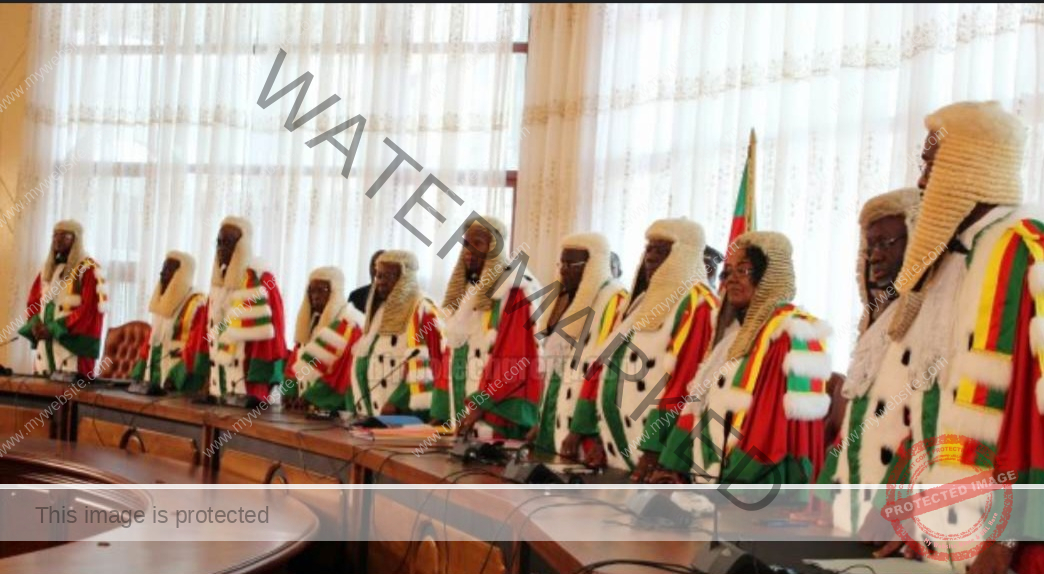
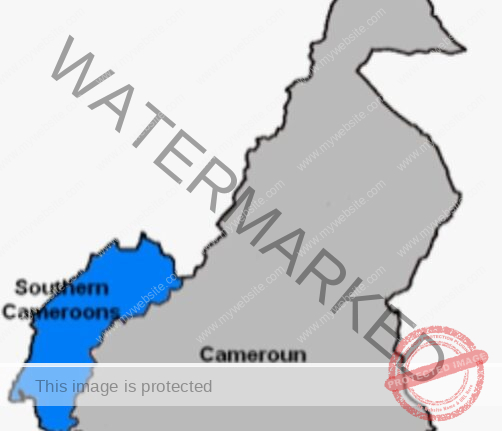


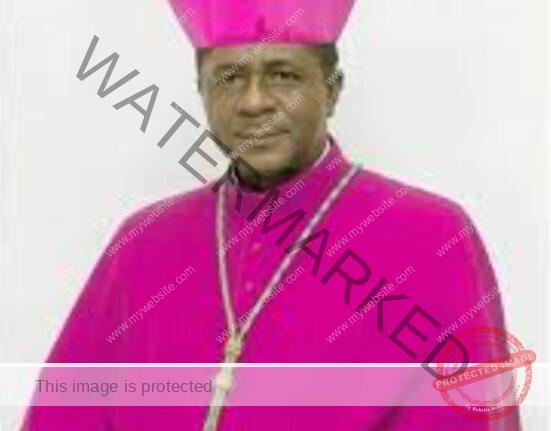
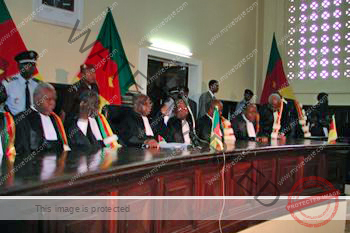
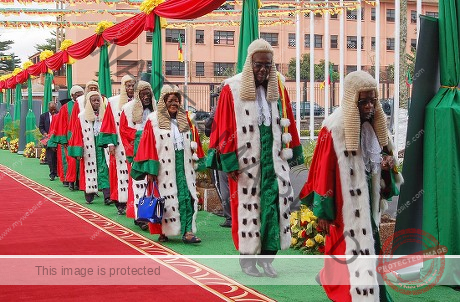

Leave feedback about this